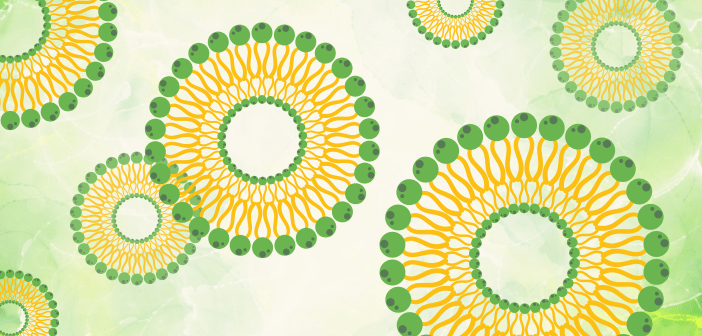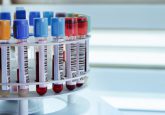Breakthrough in DNA delivery: modified lipid nanoparticles enable safer gene expression

Researchers have modified lipid nanoparticles (LNPs) that can safely deliver plasmid DNA in mice, enabling long-lasting gene expression and overcoming key challenges in DNA-based genetic therapies.
Scientists from the Perelman School of Medicine at the University of Pennsylvania (PA, USA) have developed a novel strategy to overcome key limitations in delivering DNA using LNPs. This breakthrough enables safer transgene expression and could significantly advance the field of genetic medicine. The improved process was recently published in Nature Biotechnology.
Although mRNA therapies have progressed rapidly, they have limited applications in chronic conditions because mRNA breaks down quickly in the body and cannot easily target specific cell types. Plasmid DNA (pDNA) delivery offers a compelling alternative. pDNA is more stable and can provide longer-term transgene expression. By using different promoter sequences, selective activation of gene expression in target cells can be achieved. Despite their potential, pDNA-LNPs have major drawbacks including severe immune responses in mouse models and poor delivery efficiency.
“For 20 years, DNA delivery with LNPs has been a major goal in this field,” explained Jacob Brenner, Assistant Professor of Medicine and Pharmacology at the University of Pennsylvania.
In an attempt to overcome these safety challenges, the team discovered that the acute inflammation caused by pDNA-LNPs in mice is largely triggered by the immune sensor cGAS–STING pathway. With this newfound knowledge, and inspired by the safe mRNA delivery approach in mRNA-based COVID-19 vaccines and how DNA viruses evade immune detection, the researchers incorporated nitro-oleic acid (NOA) – an anti-inflammatory lipid known to inhibit STING – into the LNPs. The resulting NOA-pDNA-LNPs significantly reduced inflammation, and notably, all of the treated mice survived this delivery approach.
You may also be interested in:
- Short course announcement: Bioanalysis in Cell and Gene Therapy
- Goodbye cells, hello nanoparticles: switching up cancer detection
- Extracellular Vesicles (EVs) & Lipid Nanoparticles (LNPs) 2025
The improved delivery strategy enabled safe and long-lasting gene expression, with transgene expression reaching 11.5 times higher than that achieved by mRNA-LNPs at 32 days post-delivery. Moreover, LNP formulations can be optimized through a targeted screening process, achieving 50 times higher gene expression in vitro.
By combining pDNA with immunomodulatory lipids such as NOA, this strategy holds promise for extending the capabilities of LNP-based therapies, enabling long-lasting and promoter-controlled gene delivery in genetic medicine. Ongoing research will aim to further optimize the platform and evaluate its performance across various tissues and disease models.





